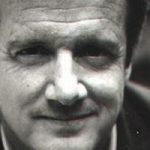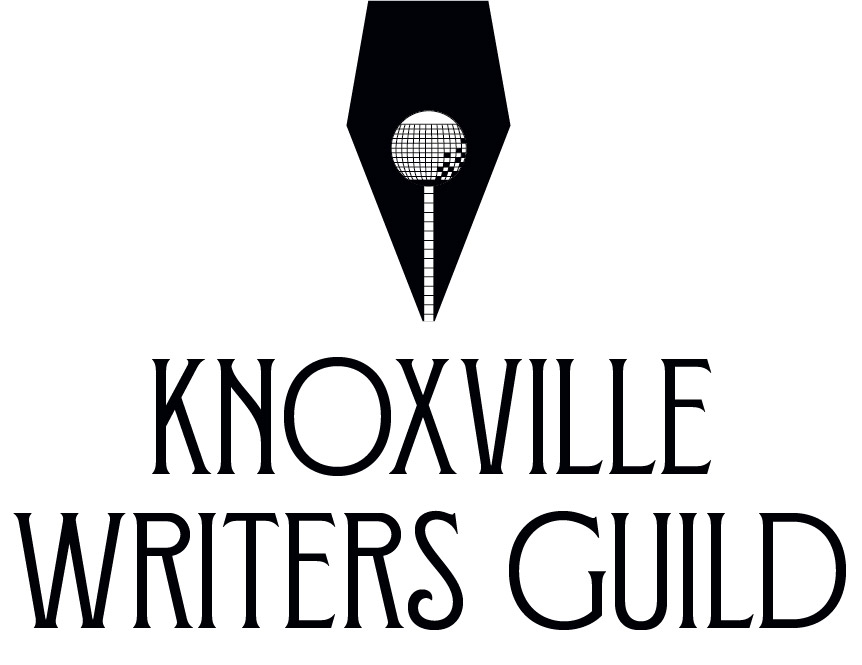
Bob Mayer has published over 70 books, hitting bestseller lists in the New York Times, Publishers Weekly, Wall Street Journal, and USA Today, with four titles hitting #1 on Kindle’s Science Fiction list. He graduated from West Point, and commanded a Green Beret A-Team. His presentations have engaged audiences in over a thousand organizations in the US and internationally, he has led writing workshops throughout the country, and has served as a visiting writer for the NILA MFA Creative Writing Program.
I caught up with novelist Bob Mayer the other day to get a sense of his plans for the November 11 KWG workshop on plot and plot devices. Here’s a glimpse of what he plans to share on Saturday:
DREWS: Do you write with a piece’s main plot beats in mind or do you allow them to develop as you write? What are the pros and cons to either method?
MAYER: I want to have an idea where the book is going. Since a novel is a character trying to resolve a problem, I need to know what the problem is and then how it will be resolved, which is the climactic scene. The details might be vague, but I have a destination in mind.
Sometimes I’ve outlined extensively, but other times I trust my instincts. After more than 70 books, I have a sense where a story is going and whether I am on track or messing up.
DREWS: Without giving away what you plan to share with the attendees on Saturday, November 11, please briefly give us the arc of your development as a writer as it pertains to plot and to what degree was this aspect of writing a struggle for you?
MAYER: I am a strong plot writer. My weakness is character. So now I focus more on characters. There are many keys to plot but one is what I call ‘tightening’ the story down. Using every character and event for multiple reasons, not just a one off. Another is looping. It goes with tightening in that you loop back to things mentioned before.
I use the five element narrative structure: inciting incident, escalating conflict, crisis, climax and then resolution. Sometimes it isn’t that smooth but I believe in learning the craft first before breaking the rules and moving into art.
DREWS: On Saturday, you plan on emphasizing hooks, building suspense, and writing satisfying endings. You are also going to present the “remote control effects”. Is this a plot device that you developed or that someone taught you? How did your discovery of this method take place–i.e. happenstance, a problem fix? And, without giving it away, is this a device you employee frequently and, or, throughout a novel—how about across genres?
MAYER: The remote control effect is similar to when you are watching a movie and you hit rewind, fast-forward, etc. It interrupts the narrative flow of the story. We need to maintain a pace to story telling. For example, info-dump is hitting the pause button on your story and explaining things. You shouldn’t do that. You have to work back story in via the story.
I’ve written in a number of genres: science fiction, thriller, historical fiction and am the only male author on the Romance Writers of America honor roll. There isn’t much different in plotting. A story is a story.
My wife and I watch a lot of TV. Every evening we get in the big bed with our two labs. My wife always has the remote and always picks the right thing. Her choices are eclectic. Our business is story and our hobby is story.
DREWS: You’ve published 70 novels. Do you still go to writer workshops such as the one you are doing on November 11? Why or Why not?
MAYER: Yes. I am always learning. I just worked with a writer I first met at the Maui Writers Conference in 2001. By going through his latest manuscript, I learned a bit about my own writing that I could apply.
When teaching I learn a lot. I’ve been to several hundred writing conferences/workshops over the years. I take something back from each. Networking is also a critical component of being an author and going to conferences is the most important part of that. It’s an investment of time and money but indispensable in the long run.
Successful writers are ones that are always learning and improving. In fact, I focus more on process now than ever before. How do we create? Where are our blind spots as writers? How can we fix those?
DREWS: If you were to state a single reason why a writer should attend your workshop on plot this coming Saturday what would that reason be?
MAYER: I’ll introduce you not only to the basics of plot, but also give you information on how to access a considerable amount of other material on various aspects of writing.
I believe it’s always useful to look at things in a new way.
I’ll also give the secret handshake.
And I’ll have pictures of Cool Gus.
DREWS: Thank you, Bob.
So, for an in-depth learning experience with Bob Mayer, join us this Saturday November 11 @ Central United Methodist Church from 10:00 am until noon. The workshop fee for members is $30, for student members $15, and for non-members $50.
KWG members, please log in to receive your discounted pricing.
Please click here to participate in this weekend’s workshop.



